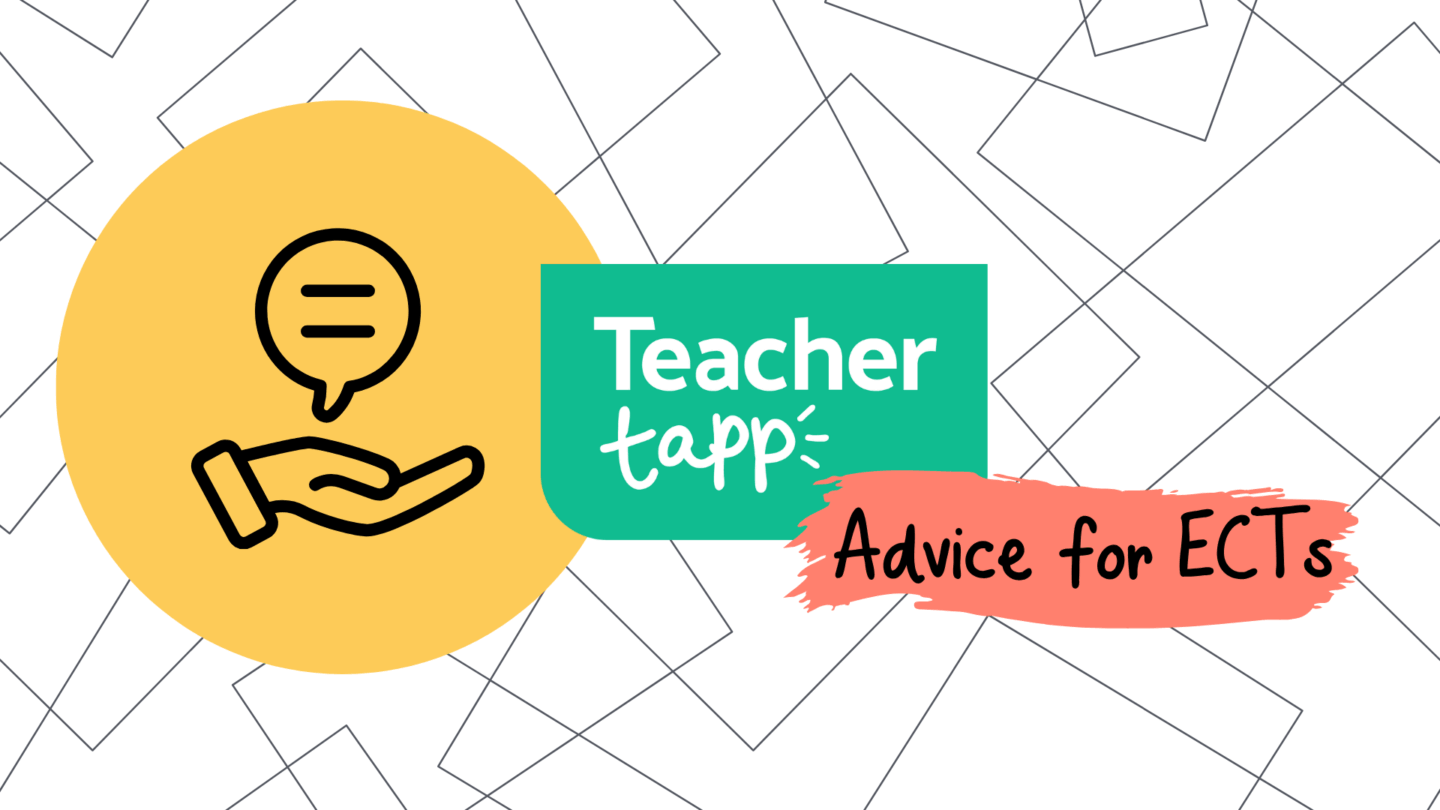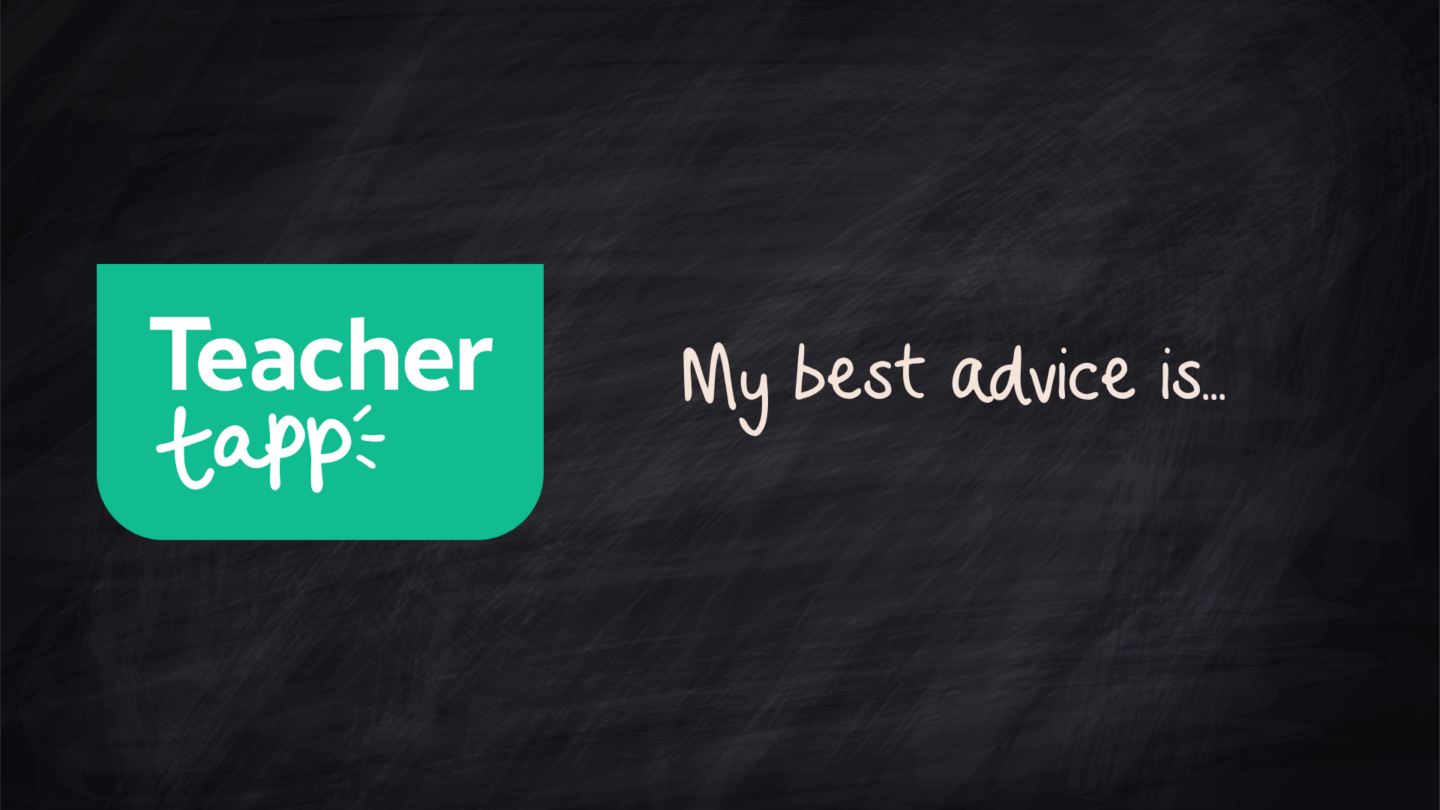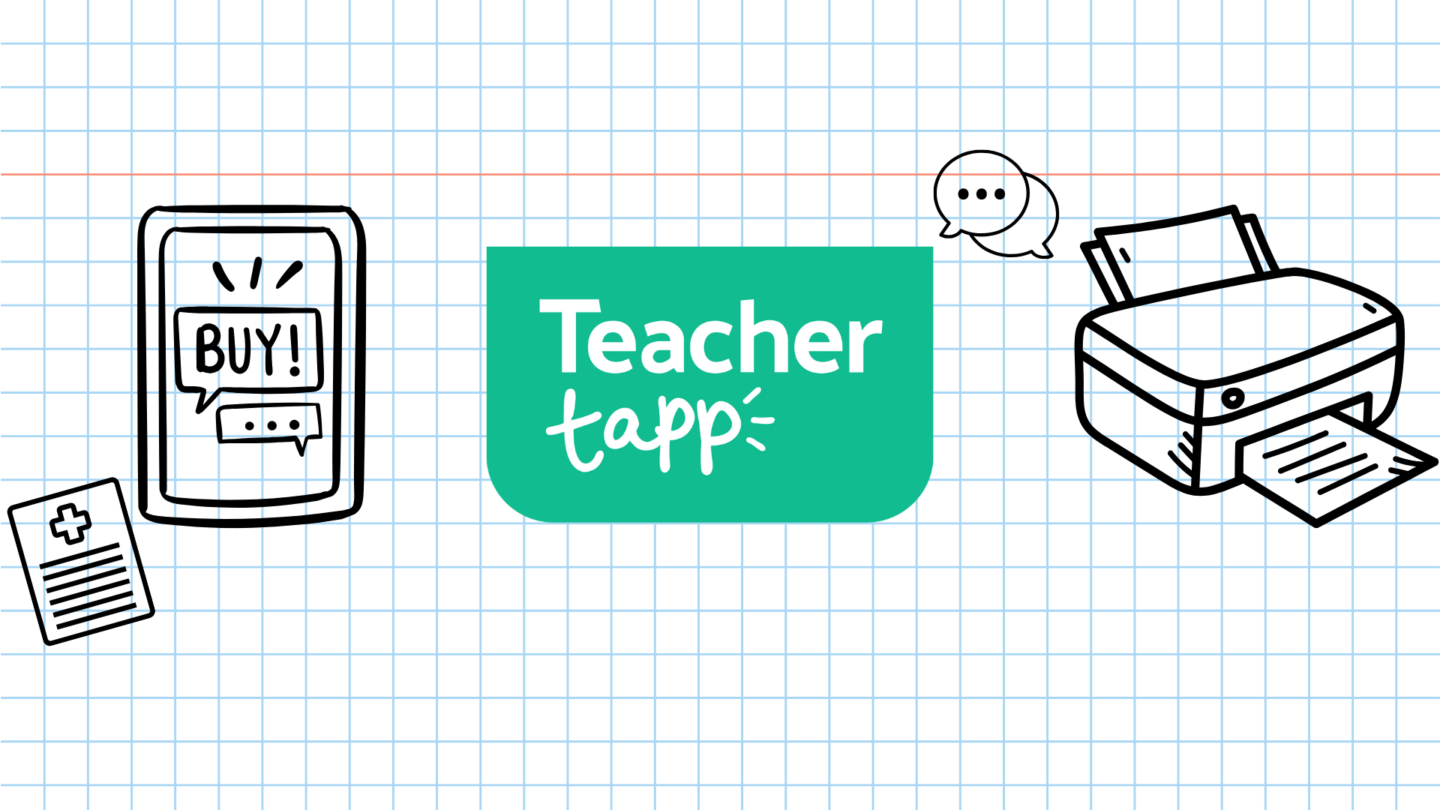New stuff has been happening at Teacher Tapp towers. Here’s some of it!
Update to Badges! 🏅
Your badge collections have been spruced up! From now on, users will get a plethora of badges as you move through anniversaries, streaks and tip reads. If you’ve been on a while already, don’t worry! We’ve kept all your achievements intact – AND added all the ones you would have got too! All the deep details here.
New evidence: Nativity Determinism is real!
Since Christmas 2017, we have gifted you the concept of ‘Nativity Determinism’. From your Tapping, we discovered that the role played in the school nativity is a prescient predictor of what job you’ll end up doing in a school. If you played the narrator or inkeeper you’re more likely to end up working as Headteacher!
Now this landmark discovery, has been picked up by Virgin Media! As reported by Good Morning Britain, Virgin Media polled people all across the public to find out what role they played in their Nativity play as well as other information on their jobs, life satisfaction and even the number of friends on social media. Aaand.. hurray! Their findings converge with ours, showing those narrators and innkeepers really are more commonly found in education! (Is it something about a strong voice perhaps?)
Right, now onto this week’s findings…
1. Is your school an ‘intellectual community’?
When you set off for work this morning, did you arrive at an ‘intellectual community where you can look forward to growth and development’? Happily, a majority (78%) of you say, ‘yes’!

Nevertheless, 20% disagreed with the statement and we wanted to understand what might be making the difference.
Teachers who don’t feel their school is an intellectual community are more commonly found in schools serving disadvantaged areas. Could it be the environment created by social circumstances (e.g. the need to focus on behaviour, safeguarding or Ofsted visits) that prevents the development of an intellectual community?

Perhaps the most surprising part of our analysis is that the most polarised opinions on whether or not a school was an ‘intellectual community’ were in fee-paying schools. While 24% of you working in independent schools strongly agreed, a counterbalancing 18% strongly disagreed. Headteachers in independent schools would do well to ensure their teachers are being offered growth opportunities which at least parallel their state school colleagues.

So far we’ve taken it for granted that working in an intellectual community is a desirable thing for teachers. But does it improve things for students?
We further analysed your responses factoring in Progress 8 scores and found that teachers from schools in the top quintile for progress were much more likely to strongly agree with the ‘intellectual community’ statement than teachers from schools with lower Progress 8 scores.
This finding may be tracking the same issue as our analysis on the basis of school wealth – i.e. teachers in schools that make lower progress have a battery of pressing, practical issues to deal with which inhibit the cultivation of an ‘intellectual community’. But if building the perception of an intellectual community helps staff as well as students, then it is worth developing for the good of everyone!
2. Do you know your school motto?
A motto? What’s a motto?

From a time even before the original (and superior) Lion King landed in cinemas, school visions and values have mattered. Mottos have long adorned blazers and school walls. But do these words play a central role in the culture of some schools? While a flurry of high-profile academies have their students starting each day with mass recitations of school values, how common is this practice?

Regular utterances of school mottos by staff and students are outside the norm: 72% of you did not use the motto on the day you responded. And 51% reported that only a few, if any, of your students could accurately state your school’s motto.
To be fair to students, only 29% of teachers said they could even remember their school’s values/motto verbatim! The other 55% of you had a general sense of what it might be, while 11% of you confessed that you couldn’t remember at all.
But reserve your surprise for this – Only 6-in-10 headteachers can state their own school’s motto or values verbatim! Is this a sign of lax leadership, or does it point to the practical redundancy of school mottos? 66% of you went with the latter, stating that you believe your school motto makes little difference to student outcomes. No wonder you’re nonplussed about remembering them!

As a final reflection (for now!) on school values statements, we pooled all your data on knowledge of mottos, frequency of use etc to generate an ad-hoc scale showing where school mottos and values are ‘strongest’. We then broke this scale down to show how strength of school mottos and values varied based on school type.

Surprisingly, Independent schools were the least likely to have their values statement or motto play a strong role in their school culture. Of equal surprise was the finding that Sponsored Academies gave school mottos and values statements the strongest role out of any school type. This could reflect the school improvement plans Sponsored Academies face, where mottos and values are encouraged. Equally, church schools – in the voluntary-aided/controlled grouping – maintain a strong role for values coheres with their explicit purpose to impart strong moral values.
Any other reasons for this data? Get in touch on Twitter, Facebook or good old fashioned email with your pet theories explaining our odd batch of results.
3. Is your school more academic or more pastoral in focus?
Even if you can’t remember them verbatim, what sort of general vibe does your school have? ‘Academic’ and ‘pastoral’ are often seen as opposed to one another so we decided to see if teachers typically feel their school is more focussed on one over the other.
The question we asked began with: ‘Compared to other schools…’ and that is important, as it allows the data we gathered to also track your attitudes towards schools in the wider sector. However, it also meant we discovered something amusing. The majority of you think that your school is both more academic AND more pastoral than other schools. What this shows is that you mostly think your own school is better than the rest, whatever metric we consider!

Analysing the data based on job role, 77% of headteachers agreed that their school has a pastoral focus, compared to just 32% of classroom teachers. This likely reflects the division of labour within a school, as senior leaders spend a relatively larger amount of time dealing with pastoral issues.

Fee-paying schools were the most likely to describe their school as having an academic orientation, while teachers in less deprived schools were less likely to use this characterisation.

4. How good are you at dealing with student misconceptions?
Anticipating and fielding misconceptions is an important part of teaching. But there’s always the lingering possibility that students will reveal a surprising misconception that catches you unprepared. Does this happen especially often? We asked about the last lesson you had taught in order to get some idea of its occurrence and found that it’s relatively rare!

Only 22% of teachers overall reported that a surprising misconception had occurred in their most recent lesson. And the likelihood decreased with time spent in the profession. While 27% of first-year teachers encountered such a misconception, this was the case for only 18% of teachers who’ve been in the profession for over 20 years.
Seasoned teachers have ‘heard it all before’ – but given that still around 1-in-5 teachers said it had happened in their last lesson, it might be an idea for departments to invest in a pooled database of student misconceptions and stock responses to reduce getting caught off-guard!
5. ‘You’re a ***** teacher’
We know you contain multitudes, but, if we forced your students, what one word would they use to describe you? This charmingly cheeky questions came out of recent Teacher Tapp Hackathon and, as you might expect, produced some intriguing results!

The most popular choice was Kind, which 30% of you opted for. Followed by Funny (20%) and Strict (16%). Boring and Cool ranked last with only 2% apiece, which nevertheless caused us some confusion. Everybody knows there are no cool teachers!
What’s really interesting is that when you break down the data by years in the profession, teachers in their first couple of years are more likely to claim that students would describe them as Cool (around 6%). Apparently, all this ‘cool’ dissipates with time, and the longer a teacher has been in the profession the more likely they were to believe students would use the word ‘Strict’ to best describe them.

Primary teachers were the most likely (27%) to insist their students would describe them as ‘Funny’. Teachers in most secondary categories felt children were in their cynical teenage phase – unless you’re an MFL teacher, in which case 23% of you also reckon you’d be described as funny.






